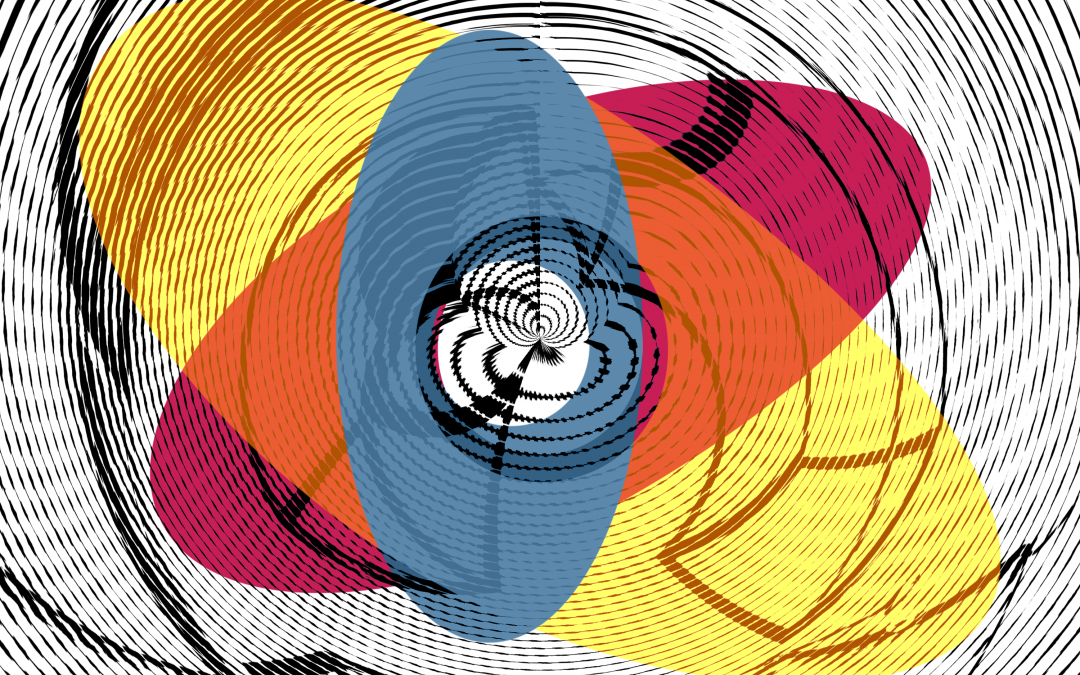Who do we consider deserving of welfare services and who not? How do we define who should be included, and who should not be included, in our understandings and practices of solidarity? How do we define the ‘us’ and ‘them’ implicit in these questions?
The Solidarities project will be exploring exactly these questions. We will examine how solidarities are imagined and practiced in negotiations of migrant deservingness across six ethnographic case-studies, two each in Denmark, Sweden, and the UK. Negotiations of deservingness serve to draw boundaries between those migrants who have access to the support and services of the welfare state, or are believed to have access, and those who are excluded, e.g. because they are deemed as ‘not belonging’ or are seen as responsible for their own neediness.
Questions about deservingness and solidarities have only become more urgent in light of the global Coronavirus pandemic. Since early 2020, we have seen how the pandemic has deepened existing inequalities and exacerbated exclusive understandings of deservingness and need. In the UK, asylum seekers, who are temporarily housed in hotel accommodation, have had their daily allowance suspended, and have been hassled and threatened by far right activists. At the same time, we have also seen transversal solidarities emerging as people have stepped in to support others and offer new forms of care, hospitality, welcome, and support.
Setting out from the understanding that solidarities are imagined and practiced in different ways, we will explore emerging forms of conviviality, friction and contestation. We will examine how solidarities are informed and moulded by different constellations of welfare and migration regimes, in both urban and rural areas and small towns with varying degrees and histories of ethnic, social, and other diversity, and migrant settlement.
Our case-studies will focus on different welfare micropublics: local spaces where entitlement to support and services are negotiated, interpreted, contested, and enacted. Participants in welfare micropublics include migrants seeking support or services; local authority and frontline service workers whose job it is to deliver services face-to-face with the public (or via virtual platforms), and who may themselves be migrants or of migrant origin; and civil society actors, whom we have dubbed ‘advocates’ and who offer and provide support for migrants. Like local authority workers, advocates may also be migrants themselves, or of migrant origin.
It is in micropublic encounters that migrants need to convince authorities and advocates of their deservingness; where advocates make and advance different forms of solidarities; and where local authority workers assess and decide who is deserving of welfare state solidarity and services. Welfare micropublics therefore provide a helpful lens for exploring our research questions in real time.
Most research on deservingness so far has focussed on attitudes through surveys and vignette experiments (Oorschot et al. 2017), or ideas underwriting policies and regulations through textual analysis (Anderson, 2013). By contrast, we use an ethnographic approach, aimed at capturing negotiations of deservingness and practices of solidarity in real time, focusing on: 1) The social texture of migrant deservingness, i.e. how deservingness is articulated, mobilised, performed, embodied, engendered, and contested and with what implications for migrants; and 2) The interplay between deservingness and solidarities.
Ethnography has traditionally focused on face-to-face interaction and co-presence between researcher and research subjects. We hope to be able to carry out some of the research in situ, but we are also developing new online research methods to respond to the current situation.
Case-studies: spatial dimension
In three of the case-studies, we will focus on how deservingness is constituted according to spatial dimensions of the neighbourhoods where migrants settle e.g., in private, public or social housing; in major cities or in rural areas; together with, or apart from, majority populations.
Case-studies: Generational dimension
In the remaining three case-studies we will explore migrants’ generational status e.g., as children, working-age adults, or elders; and how generational status articulates with notions of solidarities and deservingness.
Solidarities is characterised by a commitment to promoting dialogue, reflection, and mutual learning. The project brings together an international team of anthropologists and sociologists with an expert Academic Advisory Board and key stakeholder representatives. We will disseminate the results of our research through scholarly publications, stakeholder reports, a documentary film, a pop-up exhibition, and our From the field section with the aim of contributing fresh insights to public and scholarly debates and thinking on solidarities, deservingness, welfare, integration, and migration.
Solidarities is funded by Nordforsk for three years from September 2020 until August 2023. It is a collaboration between UCL academics Mette Louise Berg and Rachel Rosen in the UK; Anders Neergaard and Pouran Djampour at Linköping University, Sweden, and Mikkel Rytter and Line Brandbyge Schmidt Grüner at Aarhus University, Denmark.

